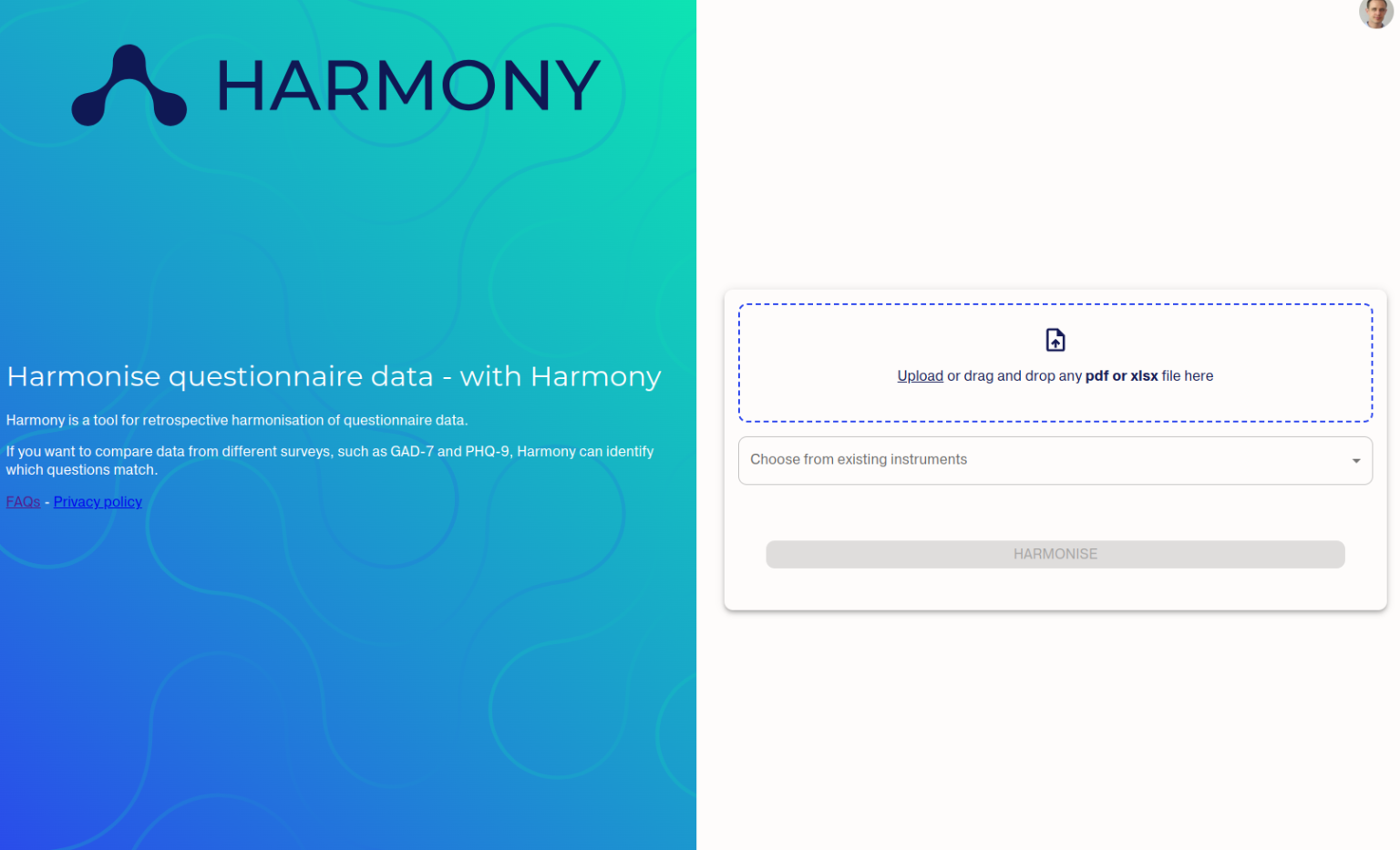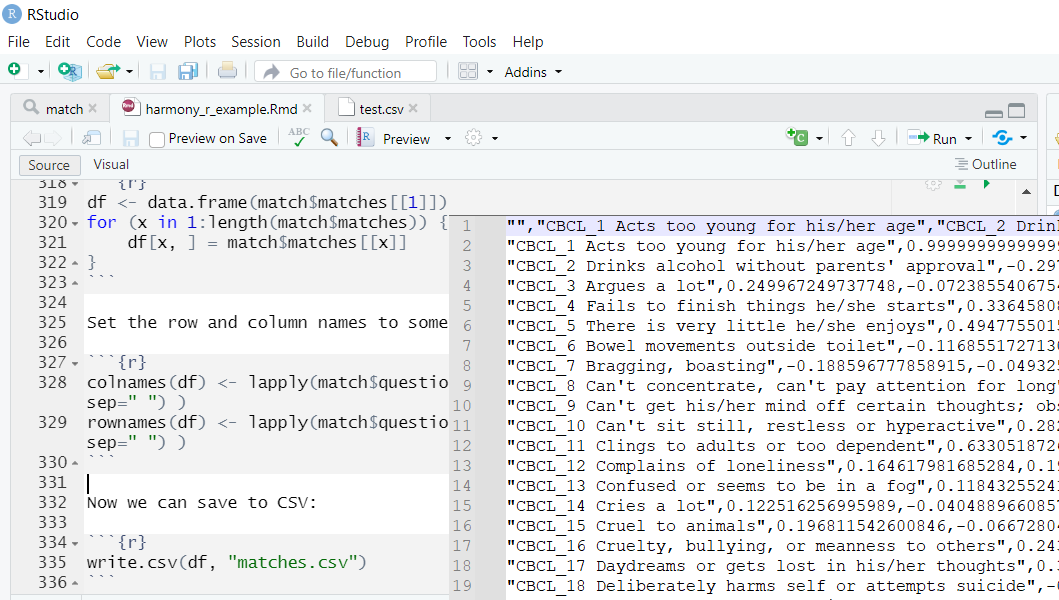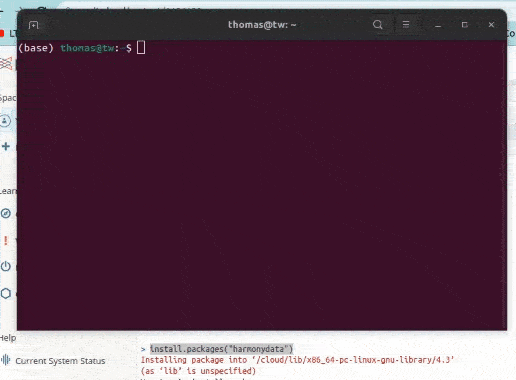
How can I contribute to an open source project? Your guide to contributing to open source projects Are you feeling intimidated by the thought of stepping into the world of open source contributions? You don’t have to be an expert to help. You might find this guide helpful: https://opensource.guide/how-to-contribute as well as the Reddit Opensource community. 1. Start small, think big: Don’t feel pressured to tackle the most complex issues right away.

Harmony update: new features and bug fixes We are pleased to announce the release of a new update to Harmony, our open source online platform for harmonising question items. This update includes a number of new features and bug fixes, designed to improve the user experience and make Harmony even more useful for researchers. New features: Complete reworking of the search functionality: The search functionality in Harmony has been completely rewritten to support Lucene-like queries.

This notebook shows how you can use Harmony to find the similarity matrix between two questionnaires: the Child Behavior Checklist (CBCL) and GOASSESS. The Harmony project is an open source data harmonisation project that uses Natural Language Processing to help researchers make better use of existing data from different studies by supporting them with the harmonisation of various measures and items used in different studies. Harmony was developed as a collaboration between Ulster University, University College London, the Universidade Federal de Santa Maria, and Fast Data Science.

We are excited to announce that Harmony, an open source Natural Language Processing tool for data harmonisation, is now available on the Comprehensive R Archive Network CRAN! Previously, Harmony R could be installed using devtools. Harmony can be used to compare questionnaire items across studies, find the best match for a set of items, and identify different versions of the same questionnaire. Harmony is a collaboration project between Ulster University, University College London, the Universidade Federal de Santa Maria, and Fast Data Science.

We have developed the R package for Harmony and open sourced it. To get started, you need R installed on your system. Click here to try an example in Google Colab. Here’s a Jupyter Notebook with an example using Harmony in R Installing R library We are currently submitting the R library to CRAN. In the meantime, you can install the development version of harmonydata from GitHub (documentation in the README file):

Here’s a quick start guide to running Harmony, an open source tool for social science research. These instructions are for the complete version of Harmony including the graphical browser-based tool which is available online at https://harmonydata.ac.uk/app/. If you only need the Python or R libraries, or the REST API, please refer to our Github page. You will need to first download and install a couple of programs that Harmony needs to run.